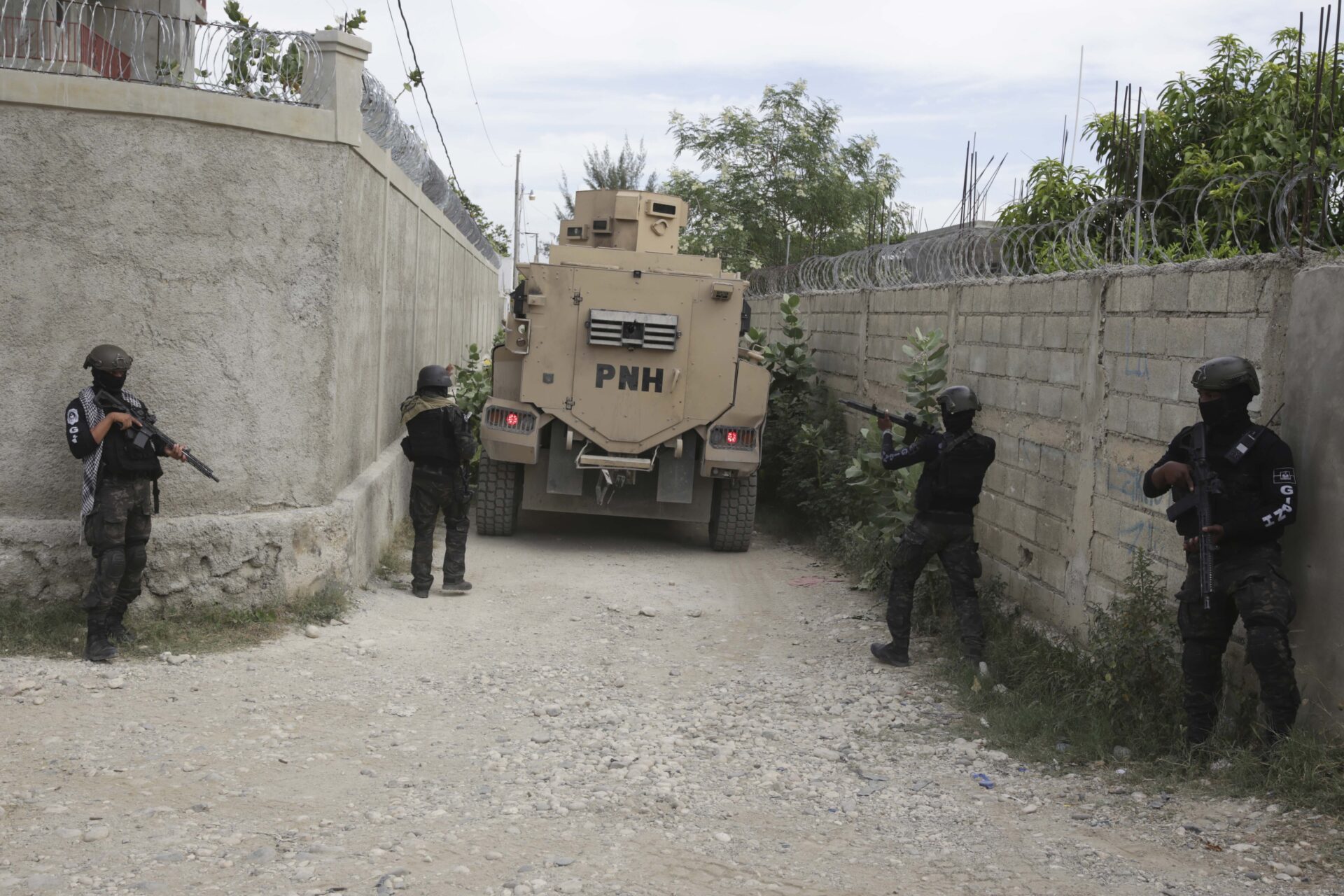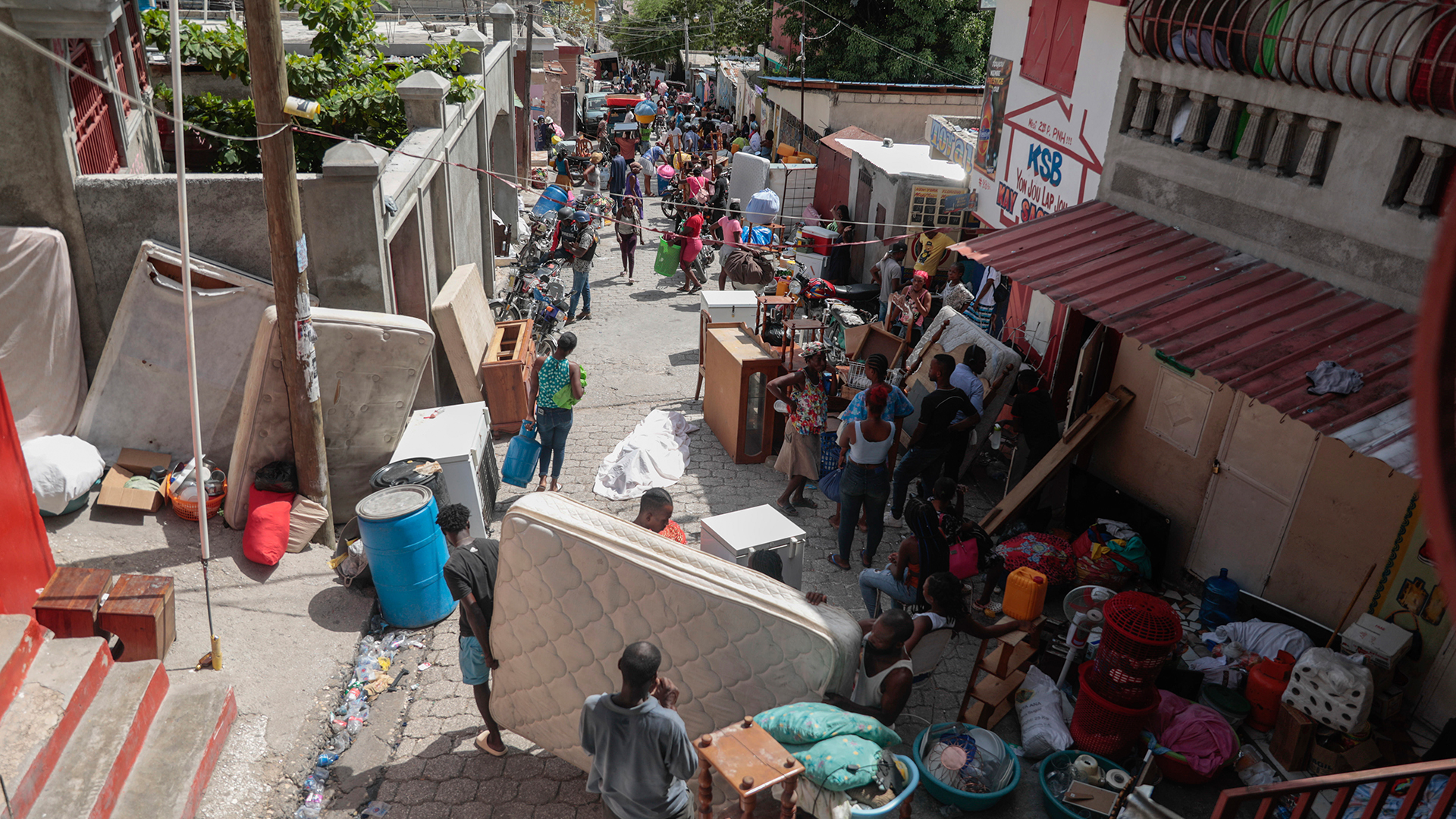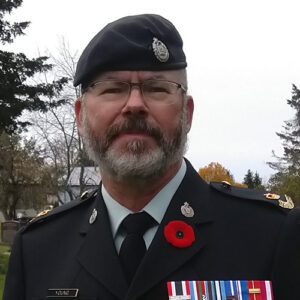
Earlier this year, Foreign Minister Mélanie Joly optimistically declared: “Canada has always been involved in issues related to Haiti….We want to do more.”
It would seem she is unaware of Canada’s past policy failures and the need to change its approach.
Joly promised to rebuild governance institutions and the national police, end gang violence (gangs control 60 per cent of the capital) and co-ordinate with the United Nations, the Organization of American States and CARICOM (the Caribbean Community). She also backed those promises with significant funds.
The announcement followed the United Nations vote to authorize a Kenyan-led “stabilization” mission comprising 1,000 police officers. This would include contingents from Jamaica, the Bahamas, and Antigua and Barbuda, primarily funded by Washington.
Historically, foreign interventions in Haiti have led to failure. Worse, they usually lead to more illiberal regimes. Look to the Duvaliers (Papa Doc and Baby Doc, 1957-86), for example, or the more recent violence under the interim presidency of Boniface Alexandre following the 2004 coup against then-president Jean-Bertrand Aristide.
The current intervention, as planned, is also unlikely to succeed.
Interventions in Haiti should seek four specific outcomes
First, they must intend to create a safe and secure environment within which elections can be held. This will restore political legitimacy to Haitian leadership.
Second, the UN’s commitment to Haiti must remain steady and at a sufficiently high level to achieve results. Too often, its commitment to Haiti remains only long enough to survive the current news cycle. A recent example of undelivered funds occurred with the estimated US$16 billion pledged to Haiti for rebuilding and recovery from the 2010 earthquake.
Third, intervention must include grassroots democratic proposals such as the Akò Montana (Montana Accord), which has been in place since 2021, and start listening to Haitians.
Instead, the U.S. and UN continue to insist on any interim and future government being built around the ruling Parti Haïtien Tèt Kale party (PHTK) with Ariel Henry at its head. Last December, the U.S. and UN backed the PHTK proposal keeping the current prime minister in power for another year.
By contrast, the Montana Accord proposed a power-sharing agreement among Haitian social and political bodies. A national transitional council would work to restore the functioning of the state with the aim of completing the transition to an elected government within 24 months. It has support from a wide number of Haitian agencies and those outside Haiti.
Finally, any intervention must be oriented to building the Haitian National Police (HNP) into a capable force that can overpower armed factions, including gangs. A massive expansion both in terms of manpower (some estimates are of a five-fold increase) and in operational capabilities would be required.
At the same time, many of those Haitians who have joined or been recruited into the HNP are former police or army members who learned their policing values – namely oppression and corruption – from the former Duvalier regimes. The UN must vet all recruits for these ties or risk the same failure of the last 30 years.

Expatriate exclusion
Expatriates within the Canadian Haitian community are divided on the benefits of another foreign intervention. Many Haitian organizations seeking input into the design of democratic institutions have been excluded from involvement in the political system by both foreign and Haitian political elites.
There are reports that members of these popular organizations, as well as journalists covering them, have been murdered. The current Haitian president is unelected and has been implicated in the assassination of former president Jovenel Moïse, who had been democratically elected.
Key members of Haiti’s elite have also been implicated in that assassination. It is these individuals to whom Joly refers when she discusses consultation with Haitian leaders.
At the same time, the majority of Haitians have come out against the UN’s intervention while the UN has ignored stable, influential and legitimate grassroots organizations to work instead with an illegitimate government and elites when developing intervention plans.
Policing versus combat
One positive sign with the current foreign intervention plan is that the international force to be led by Kenya appears to be oriented toward greater employment of policing units rather than using the UN’s problematic combat units in community policing missions.
This is an important issue for Haiti. During the early 20th century occupations by U.S. Marines, no distinctions were made between any of the peaceful and insurgent protesters against foreign troops or urban gangs, community vigilantes and militia, rural bandits and those engaging in village self-protection.
As in other Marine operations during that period, such as in the Philippines, all unco-operative Haitians were officially labeled “bandits,” situating them as deviants outside the boundaries of normal society and beyond the protection of the laws of war, leading to recurring extrajudicial killings and atrocities.
Since 1900, Haiti has been the subject to a number of major and lengthy foreign interventions. The U.S. Marine Corps invasion and occupation from 1915 through to 1934 was ostensibly to restore order but remained until 1941 to enforce the repayment of loans forced upon Haiti during the occupation.
More recently, the United Nations began its own interventions in Haiti – first in 1993 with the aim of restoring deposed president Jean-Bertrand Aristide to power, while at the same time failing to support his efforts at economic reform. The UN presence would later transform into the UN Stabilization Mission in Haiti (MINUSTAH), which ran from 2004 to 2017.
Rather than a policing approach to the problem, however, the Brazilian team in command of MINUSTAH decided to employ the full combat power of its soldiers and in July 2005 launched a “pacification operation.” Scores of innocent Haitian civilians were killed or wounded as they sought shelter in their homes.
MINUSTAH is also infamous for its introduction of an Asian strain of cholera – leading to more than 80,000 Haitian being infected and more than 10,000 dying from the disease.
As well, there was a major sex trafficking and sexual exploitation ring within the UN nations involved. The term “petit MINUSTAH [MINUSTAH baby]” has entered Haitian vocabularies, denoting mixed-race children fathered by UN peacekeepers – often through sexual violence – and then abandoned.
This should not be seen as discounting the presence and influence of criminal gangs that residents are suffering. Violent factional fighting is contributing to the collapse of Haitian society.
Even the national police have sponsored their own auxiliary criminal gang, Fantom 509, which has occasionally turned on its creator. Fantom 509’s most infamous attack took place in September 2020 over pay and pension issues.
Unfortunately, in its discussions of the need for a foreign intervention, the UN emphasizes the public disorder and weakness of the central government. Framing intervention in Haiti as having to confront gang warfare allows the foreign response to perpetuate the need for violence rather than negotiations.
Legitimacy and governance
Talks need to begin with grassroots Haitian agencies to resolve outside legitimacy and governance issues.
In keeping with the pattern or foreign interventions, the anticipated Kenyan police assigned to Haiti have a history of human-rights abuses when dealing with civilian protests.
Haiti would be served best if Joly established and received long-term policy guidance from a permanent parliamentary deliberative working committee. Without it, any poorly conceived foreign intervention just means more innocent Haitians are going to die.










